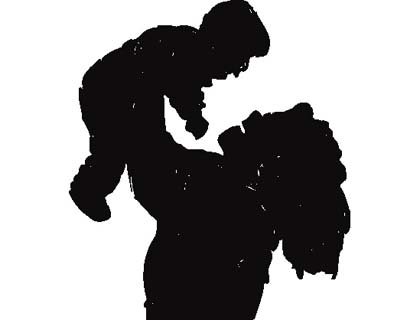KABUL - Motherhood in childhood is a huge global problem, especially in developing countries, where 7.3 million girls under 18 give birth annually, a report from UNFPA said on Sunday.
The State of World Population was released by the United Nations Population Fund alongside Central Statistics Organization, Ministries of Public Health, Women’s Affairs and Youth Affairs.
In Afghanistan, 12 per cent of women aged 15 to 19 have started childbearing, with 8 per cent having had a live birth and 4 per cent pregnant with their first child.
According to the report, two million of the 7.3 million births are to girls 14 or younger, who suffer the gravest long‐term health and social consequences from pregnancy, including high rates of maternal death and obstetric fistula.
Offering a new perspective on adolescent pregnancy, “Motherhood in childhood” looks not only at the girls’ behavior as a cause of early pregnancy, but also at the actions of their families, communities and governments.
UNFPA Executive Director Dr. Babatunde Osotimehin said: “What is needed is a new way of thinking about the challenge of adolescent pregnancy.”
Instead of viewing the girl as the problem and changing her behavior as the solution, the official urged governments, communities, families and schools to see poverty, gender inequality, discrimination, lack of access to services and negative views about girls and women as the real challenges.
The pursuit of social justice, equitable development and the empowerment of girls should be seen as the true pathway to fewer adolescent pregnancies, Osotimehin added.
The report said the global community directed less than two cents of every dollar spent on international development to adolescent girls. But money was called just one part of the solution.
UNFPA called for changing the attitudes and actions of societies, including by keeping girls in school, stopping child marriage, changing attitudes about gender roles and gender equality, increasing adolescents’ access to sexual and reproductive health and providing better support to adolescent mothers. (Pajhwok)

